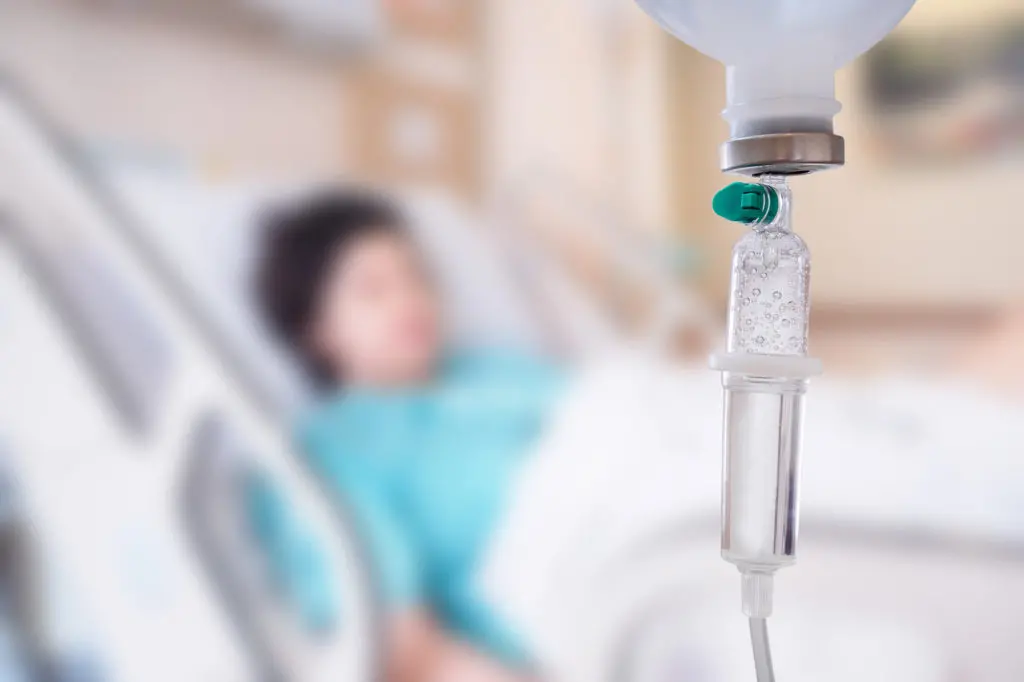- Home
- Medical news & Guidelines
- Anesthesiology
- Cardiology and CTVS
- Critical Care
- Dentistry
- Dermatology
- Diabetes and Endocrinology
- ENT
- Gastroenterology
- Medicine
- Nephrology
- Neurology
- Obstretics-Gynaecology
- Oncology
- Ophthalmology
- Orthopaedics
- Pediatrics-Neonatology
- Psychiatry
- Pulmonology
- Radiology
- Surgery
- Urology
- Laboratory Medicine
- Diet
- Nursing
- Paramedical
- Physiotherapy
- Health news
- Fact Check
- Bone Health Fact Check
- Brain Health Fact Check
- Cancer Related Fact Check
- Child Care Fact Check
- Dental and oral health fact check
- Diabetes and metabolic health fact check
- Diet and Nutrition Fact Check
- Eye and ENT Care Fact Check
- Fitness fact check
- Gut health fact check
- Heart health fact check
- Kidney health fact check
- Medical education fact check
- Men's health fact check
- Respiratory fact check
- Skin and hair care fact check
- Vaccine and Immunization fact check
- Women's health fact check
- AYUSH
- State News
- Andaman and Nicobar Islands
- Andhra Pradesh
- Arunachal Pradesh
- Assam
- Bihar
- Chandigarh
- Chattisgarh
- Dadra and Nagar Haveli
- Daman and Diu
- Delhi
- Goa
- Gujarat
- Haryana
- Himachal Pradesh
- Jammu & Kashmir
- Jharkhand
- Karnataka
- Kerala
- Ladakh
- Lakshadweep
- Madhya Pradesh
- Maharashtra
- Manipur
- Meghalaya
- Mizoram
- Nagaland
- Odisha
- Puducherry
- Punjab
- Rajasthan
- Sikkim
- Tamil Nadu
- Telangana
- Tripura
- Uttar Pradesh
- Uttrakhand
- West Bengal
- Medical Education
- Industry
Novel Device would Deliver Oxygen Intravenously

During health, oxygen is available in abundance; however, COVID-19 and many other forms of critical illness can damage the lungs and compromise systemic oxygen delivery.
In a recent study, researchers developed an experimental device to help patients experiencing refractory hypoxemia. The experimental study findings were published in the journal Proceedings of the National Academy of Sciences on March 21, 2022.
Current treatment involves the use of an extracorporeal membrane oxygenation (ECMO) machine or ventilator support for critically ill patients. However, this often involves the risk of infection, device failure and even lung damage. Therefore Dr Ashwin Kumar Vutha and his team developed a new machine that can add oxygen directly to blood while it is still inside the patient.
They demonstrated that by co-infusing oxygen gas and a liquid solution through a series of sequential nozzles of decreasing size they could create bubbles of oxygen that are smaller than a single red blood cell on-demand and in real-time.
They noted that these bubbles were membrane" similar to that in every other cell in the body will
- Prevents them from merging with other bubbles to create larger ones,
- Provides a path for oxygen to diffuse out and into the blood, and
- Minimizes the likelihood of material-related toxicities.
The researchers tested their machine on human donor blood and in rats and found it passed as a proof of concept. In human blood, their machine could increase blood oxygen saturation from 15% to over 95% within seconds to minutes. And they increased saturation from 20% to 50% inside of rats.
The authors concluded, "In conclusion, we have shown that clinically important volumes of oxygen gas (∼20% of baseline VO2) can be delivered intravenously in real-time by on-demand encapsulation within LOMs. It is clear that microbubbles are able to traverse the lung without causing obstruction and provide arterial oxygenation. We believe that the aforementioned effects would be particularly helpful in providing long-term oxygen support to patients with refractory hypoxic respiratory failure."
For further information:
DOI: https://doi.org/10.1073/pnas.2115276119
Keywords:
Refractory hypoxemia, IV oxygen, Microbubbles, ECMO, Mechanical ventilatory, COVID-19, oxygen delivery, hypoxemia, lung injury, Oxygen insufficiency, experimental device, Proceedings of the National Academy of Sciences.
Medical Dialogues Bureau consists of a team of passionate medical/scientific writers, led by doctors and healthcare researchers. Our team efforts to bring you updated and timely news about the important happenings of the medical and healthcare sector. Our editorial team can be reached at editorial@medicaldialogues.in.
Dr Kamal Kant Kohli-MBBS, DTCD- a chest specialist with more than 30 years of practice and a flair for writing clinical articles, Dr Kamal Kant Kohli joined Medical Dialogues as a Chief Editor of Medical News. Besides writing articles, as an editor, he proofreads and verifies all the medical content published on Medical Dialogues including those coming from journals, studies,medical conferences,guidelines etc. Email: drkohli@medicaldialogues.in. Contact no. 011-43720751


